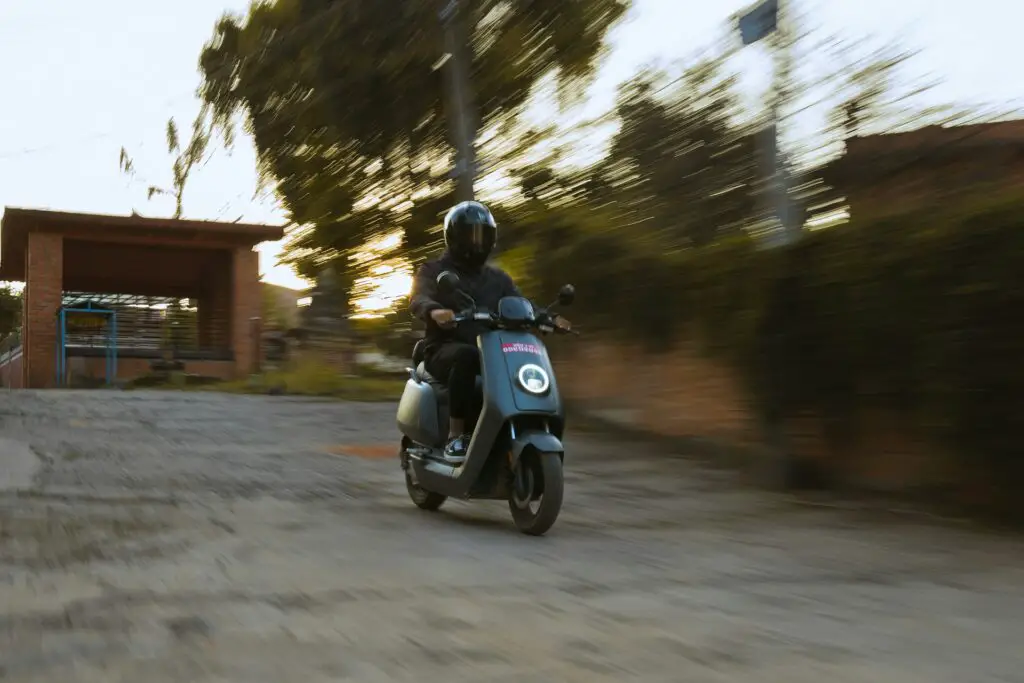Electric scooters have transformed urban commuting, offering an eco-friendly and convenient alternative to traditional modes of transportation. But if you’re considering purchasing one or already own one, a common question is bound to arise: How long does the battery last?
The lifespan of an electric scooter battery is pivotal in determining its value and practicality. Let’s examine the factors that affect battery life, how to maximize it, and what to expect over time.
Understanding Electric Scooter Batteries
Most electric scooters are powered by lithium-ion batteries due to their lightweight design, high energy density, and rechargeability. These batteries are the same type found in smartphones, laptops, and electric vehicles. Their performance is measured in terms of:
- Cycle Life: The number of times the battery can be charged and discharged before its capacity significantly decreases.
- Capacity: Measured in watt-hours (Wh), it determines the scooter’s range per charge.
Typical Battery Lifespan
The average lifespan of an electric scooter battery ranges from 300 to 500 charge cycles. For context:
- Daily Riders: If you charge your scooter daily, the battery might last 1-2 years.
- Occasional Riders: Charging once or twice a week could extend the lifespan to 3-5 years.
However, this lifespan depends on several variables, including battery quality, scooter model, and user habits.
Factors That Affect Battery Longevity
1. Frequency of Use
The more frequently you use and charge your electric scooter, the faster its battery will degrade. Heavy usage accelerates wear and tear on the battery cells.
2. Charging Habits
Improper charging practices, like overcharging or letting the battery drain completely, can shorten its lifespan. Lithium-ion batteries perform best when kept between 20% and 80% charge.
3. Weight and Load
The scooter’s load capacity—including the rider’s weight and any additional cargo—affects the battery. Consistently riding at or above the maximum load can strain the battery and reduce its efficiency over time.

4. Terrain and Riding Style
- Flat Terrain: Batteries last longer when riding on smooth, flat roads.
- Hills and Rough Surfaces: Steep inclines and uneven terrain demand more power, which drains the battery faster and shortens its lifespan.
- Aggressive Riding: Frequent acceleration and high-speed riding consume more energy compared to moderate, steady speeds.
5. Temperature Conditions
Extreme heat or cold can damage the battery. Ideally, electric scooter batteries operate best between 50°F and 86°F (10°C to 30°C). Prolonged exposure to harsh temperatures can cause irreversible damage to the battery cells.
How to Extend Your Battery’s Life
- Charge Smartly
- Avoid fully discharging the battery. Recharge when it drops to around 20%-30%.
- Unplug the charger once the battery is full to prevent overcharging.
- Store Properly
- If you won’t use your scooter for an extended period, store it in a cool, dry place.
- Keep the battery charged to around 40%-60% during storage to prevent deep discharge.
- Follow Manufacturer Guidelines
Always adhere to the charging and maintenance recommendations provided by the scooter’s manufacturer. - Avoid Overloading
Stick to the recommended weight limit for your scooter to prevent unnecessary strain on the battery. - Use Eco Modes
Many scooters come with an eco-mode that reduces power consumption, extending the range and easing the strain on the battery.
When to Replace the Battery
Over time, all batteries lose their ability to hold a charge. Signs that it might be time for a replacement include:
- Reduced Range: If your scooter’s range drops significantly despite regular maintenance.
- Longer Charging Times: Batteries that take excessively long to charge may have internal degradation.
- Frequent Power Loss: Unexpected shutdowns during rides can indicate a failing battery.
Battery Replacement Costs
Replacing an electric scooter battery typically costs between $100 and $300, depending on the scooter model and battery type. While this might seem expensive, it’s often more cost-effective than replacing the entire scooter.
Final Thoughts
An electric scooter battery can last anywhere from 1 to 5 years, depending on usage, maintenance, and environmental factors. By adopting proper charging habits, storing the battery correctly, and being mindful of your riding style, you can extend its lifespan significantly.
While battery replacement is an eventuality, the convenience and eco-friendliness of electric scooters make them a worthwhile investment. Treat your battery with care, and it will power your rides for years to come.
Discover more from Chikwem
Subscribe to get the latest posts sent to your email.